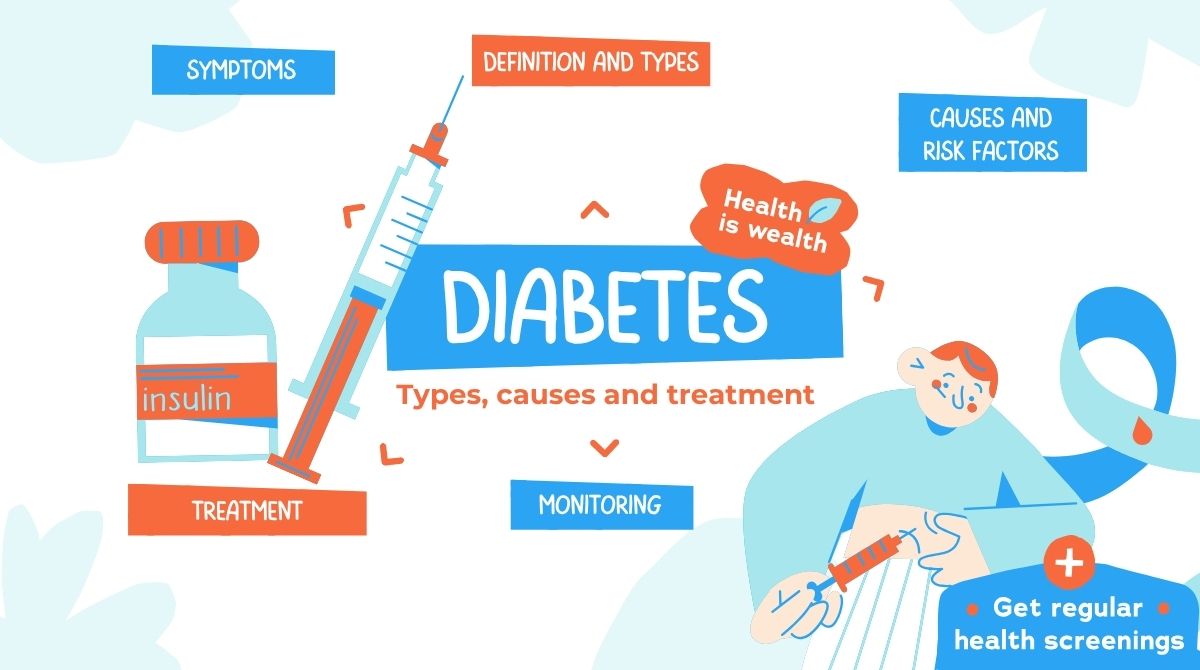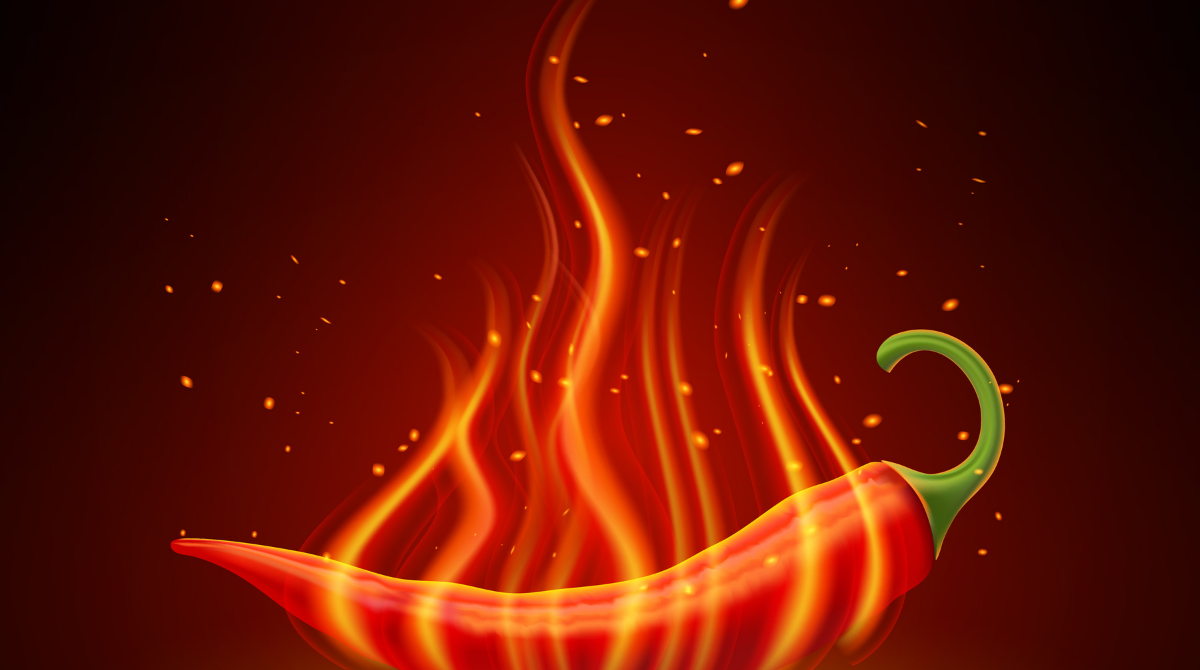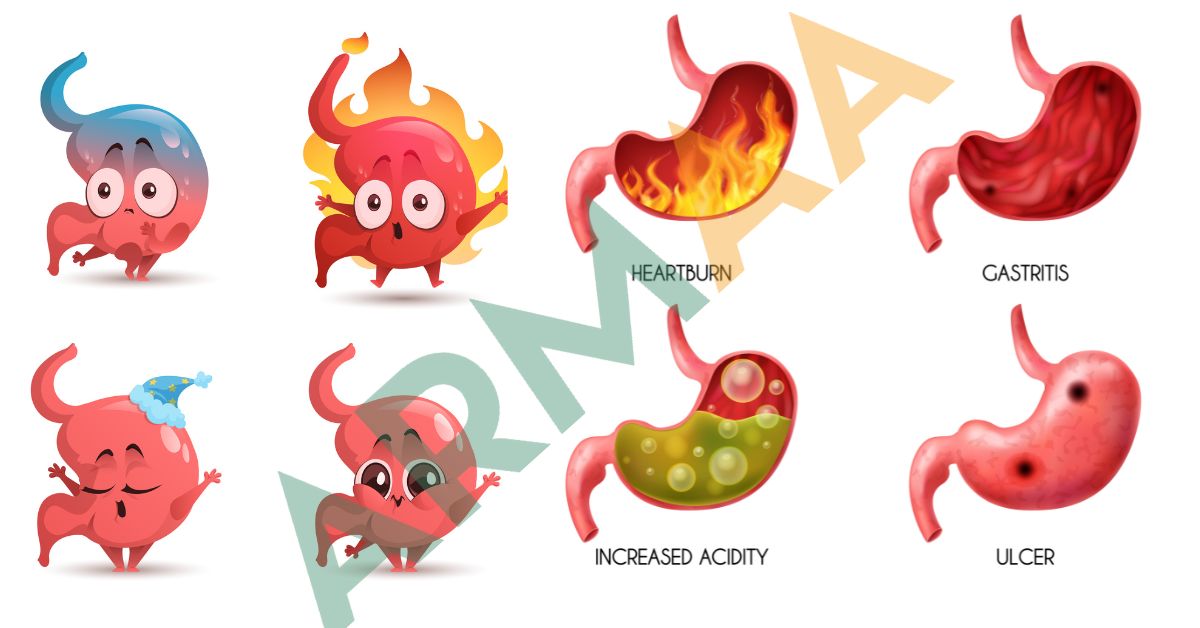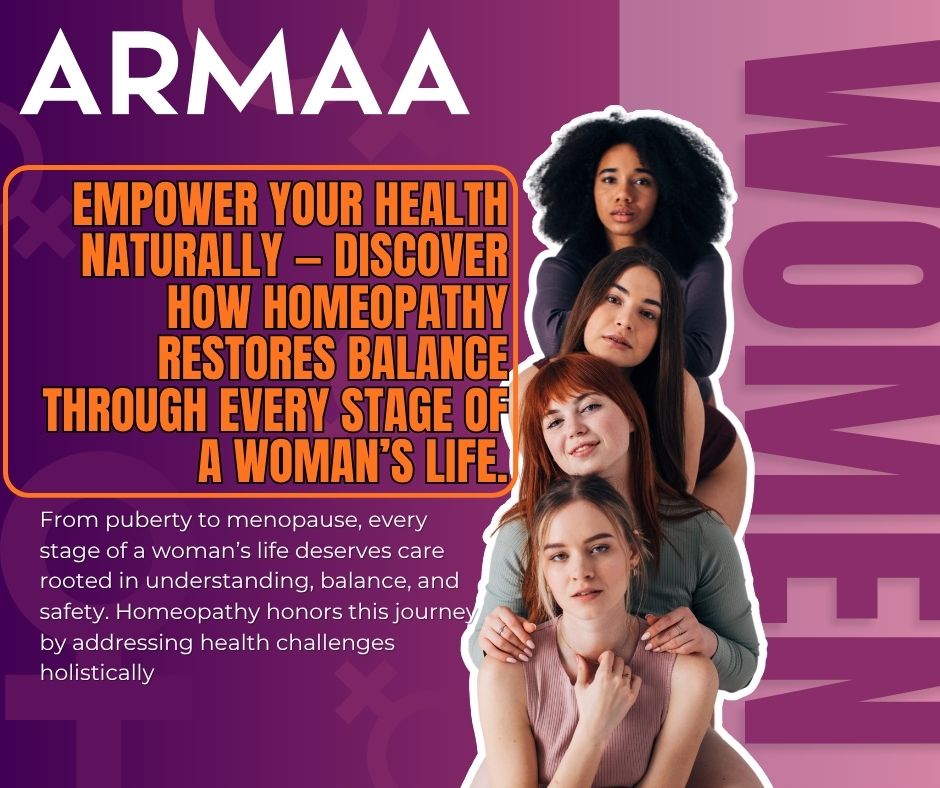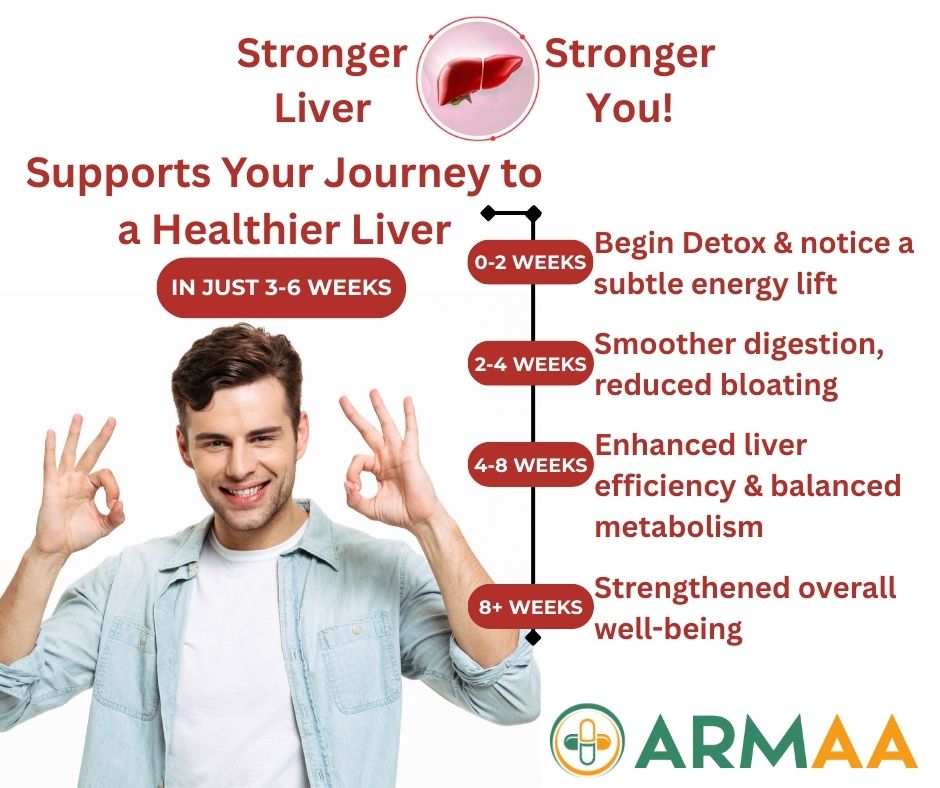World Heart Day: Protecting the Engine of Life
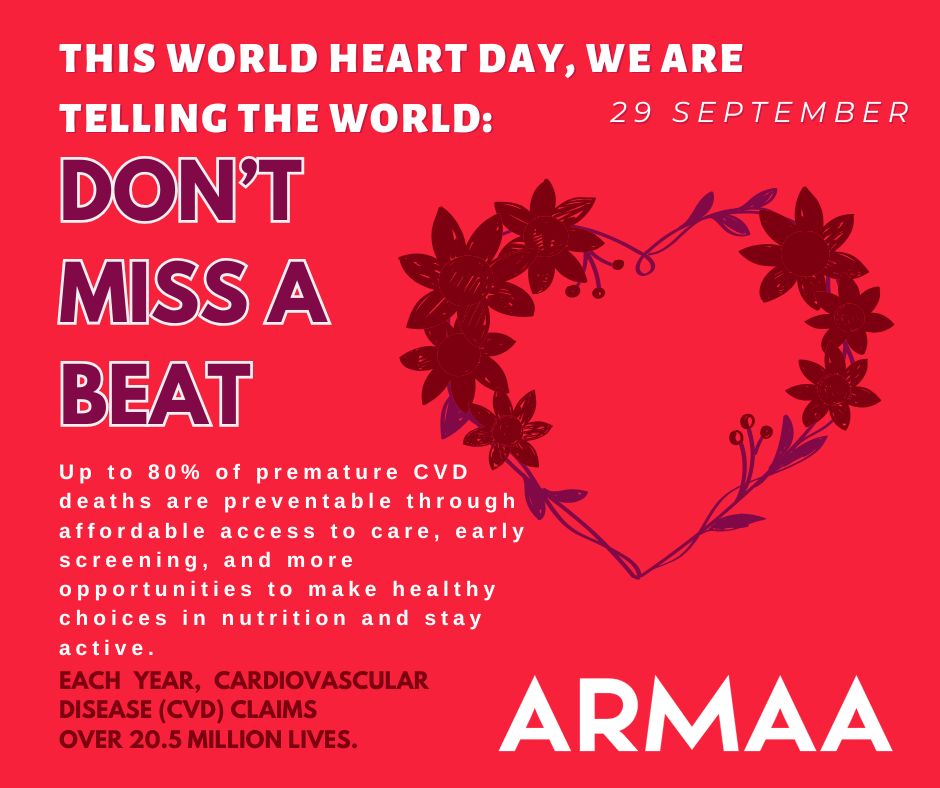
Every year, 29th September is observed as World Heart Day to raise awareness about cardiovascular health and the prevention of heart disease. The heart is more than just a pumping organ—it’s the engine that keeps our entire body alive. Yet, cardiovascular diseases (CVDs) remain the leading cause of death worldwide, claiming millions of lives each year.
What Are Cardiovascular Diseases?
Cardiovascular diseases refer to a group of disorders that affect the heart and blood vessels. These may be congenital (present at birth) or acquired later in life. Some of the most common include:
- Atherosclerosis – hardening and narrowing of arteries
- Coronary artery disease – blocked heart arteries leading to heart attacks
- Hypertension (high blood pressure) – increasing strain on the heart
- Heart failure – weakened pumping ability of the heart
- Arrhythmias – irregular heart rhythms
- Rheumatic heart disease – damage caused by untreated infections
Why Are Cardiovascular Diseases Increasing?
In the past, infectious diseases were the primary cause of death. With medical advancements, people are living longer but modern lifestyles have brought new risks.
Major factors include:
- Sedentary lifestyle (less physical activity)
- Diet rich in fried, processed, and sugary foods
- Smoking and excessive alcohol intake
- Rising obesity and diabetes rates
- Chronic stress and lack of quality sleep
Early Warning Signs You Shouldn’t Ignore
Heart diseases often progress silently, but some symptoms act as red flags:
- Chest pain or tightness (angina)
- Shortness of breath, even with light activity
- Unexplained fatigue or weakness
- Swelling in legs, ankles, or feet
- Rapid or irregular heartbeat
- Dizziness or fainting
If you or your loved ones experience these, consult a doctor immediately.
Prevention: A Heart-Healthy Lifestyle
The good news is that many heart problems are preventable. Small, consistent changes in lifestyle can significantly reduce risks:
Maintain a balanced diet (fruits, vegetables, lean proteins, whole grains)
Exercise at least 30 minutes daily
Control blood pressure, sugar, and cholesterol
Quit smoking and limit alcohol
Manage stress through relaxation techniques like yoga and meditation
Get regular health check-ups
Homoeopathy and Heart Wellnes
Homoeopathy does not replace emergency medical treatment but may support overall cardiovascular health. Remedies are selected based on an individual’s constitution and symptoms, aiming to strengthen the body’s natural defences.
Classical homoeopathic medicines often considered for heart and circulatory issues include:
Arnica Montana – useful in circulatory weakness
Crataegus Oxyacantha – supports heart muscle strength
Cactus Grandiflorus – helps with chest tightness and palpitations
Digitalis – used in certain heart rhythm and weakness cases
Conclusion
On this World Heart Day, let’s remind ourselves that prevention is always better than cure. By choosing healthier habits, regular monitoring, and supportive natural therapies, we can reduce the risk of cardiovascular diseases and enjoy a stronger, healthier heart.
Your heart works for you every second—make sure you work for it too!
Read article: https://world-heart-federation.org/world-heart-day/
:https://www.armaa.pk/homeopathy-for-sleep-disorders-finding-rest-the-natural-way/
